Rental property licensing forms a critical aspect of real estate investment, particularly in the state of Maryland. It is an area governed by intricate laws and regulations that property owners are mandated to adhere to while leasing their premises. The responsibilities begin with understanding how Maryland’s state laws and local regulations converge and diverge to shape the rental licensing landscape. As a landlord, it is integral to navigate the application process effectively, manifesting an awareness of the eligibility criteria, necessary documentation, and potential timelines. Continued compliance to the outlined obligations affords an uninterrupted operation, effectively minimizing potential penalties and disruptions to your real estate investment.
Understanding Maryland State Laws and Local Regulations
Understanding Maryland State Laws for Rental Property Licensing
The State of Maryland mandates that anyone who wishes to rent out a property, whether it’s a single-family home, multi-unit building or even just a room in their home, must first obtain a rental property license. This license permits you to legally rent out your property to tenants.
Procedure for Obtaining a Rental License
The process of obtaining a rental property license varies in Maryland depending on the county or city where the property is located. Generally, landlords are required to submit an application to the appropriate local entity, pay an application fee, undergo an inspection of the property, and meet certain requirements regarding health and safety measures on the property.
In addition to state regulations, at a local level, there may be more specific requirements for property rental licensing. These can vary from county to county and city to city, encompassing stipulations around rental terms, building codes, and health and safety inspections.
Baltimore City’s Regulations
In Baltimore City, for example, all rental properties, not occupied by the owner, must be registered or licensed. Properties that pass an inspection by a State Licensed, Baltimore City Registered Home Inspector qualify to be licensed for a two or three-year period depending on the property’s inspection history and type.
Montgomery County’s Regulations
Meanwhile, in Montgomery County, if your property is a single-family home, townhouse, condo, duplex, or trplex, you’ll need a rental housing license from the Department of Housing and Community Affairs.
Prince George’s County’s Regulations
Prince George’s County mandates that all rental properties be licensed, and they have a unique system that categorizes rental properties into three classes based on criteria such as the number of units and type of inspections required.
Maintenance of Standards in Rental Properties
All properties being rented out in Maryland must meet the State’s property maintenance standards and any additional local regulations. Landlords must ensure their properties pass lead-based paint risk assessments, if applicable, and maintain a lead-free or lead-safe certification, particularly for older homes built before 1978.
Penalties for Non-Compliance
Non-compliance with the state or local rental property licensing regulations can result in hefty penalties, including fines and the possibility of losing the privilege to lease your property. Hence, it’s vital for landlords to obtain relevant licenses and manage their rental properties within the legal framework established by state and local authorities in Maryland.
Overview
Being a landlord in Maryland entails a comprehensive understanding of state laws, as well as acute attention to local regulations surrounding rental property licensing. It is recommended for landlords to seek advice from legal professionals or refer to resources provided by local county or city housing departments. This ensures full compliance with the law, thus helping to avoid potential penalties.
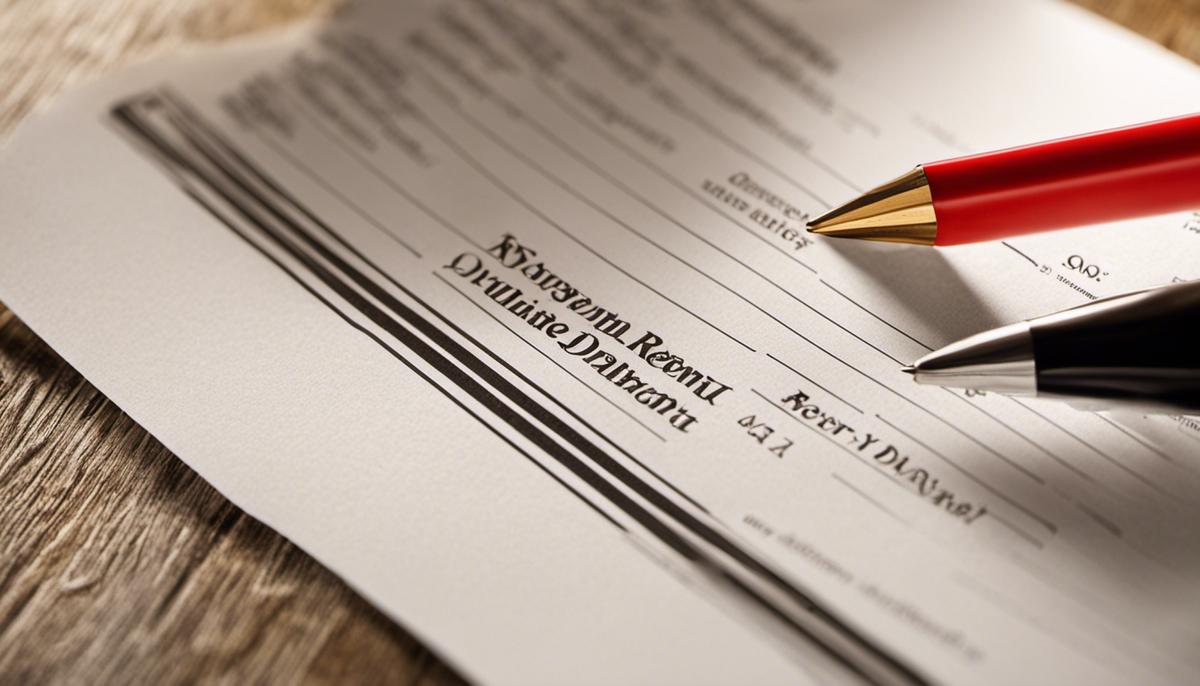
The Process and Requirements of Rental License Application
Qualifications
In Maryland, the rental property license is a prerequisite for anyone wishing to lease their property. The qualifications to obtain a license include ownership of a property intended for rental and assurance that the property abides by all the requisite health and safety standards set by the Maryland law. Factors assessed include high construction standards, adequate fire safety measures, efficient maintenance services, and appropriate sanitation facilities.
Required Documents
Before applying for a rental license, the property owner needs to have several documents readily available. These include:
- A copy of the property title or deed, which shows proof of ownership.
- Any permits or zoning approvals that relate to the property intended to be rented out.
- A lead paint risk reduction certificate. In Maryland, all rental properties built before 1978 must have this certification.
- A documentation showing the property has passed the full home inspection conducted by certified Maryland inspectors.
Application Procedure
The application process for obtaining a rental property license in Maryland involves several steps. The first step is to complete the application form provided by the Department of Housing and Community Development (DHCD). The form requires details about the landlord and the property, including its location, size, and the number of units.
Applicants also need to affirm that the property meets all the necessary safety and health standards under Maryland law. Failure to comply with these codes can lead to the housing inspector denying approval for the rental license.
Filing Your Application
You can apply for a Maryland rental license online through the DHCD website or in person at their office. The fee is due at the time of the application. It varies depending on the county and the type of license one is applying. Upon submission, the DHCD reviews the application, conducts a property inspection, and if all standards are met, they will issue the rental property license.
Timeline for Approval
The time it takes for a rental license application to be approved in Maryland can vary. Typically, it can take between two to six weeks once all the required documents have been submitted to the DHCD and the property has passed the necessary inspections.
In case of delays, it is recommended that applicants periodically check the status of their applications with the department.
Renewal and Regulations
Rental licenses in Maryland are not permanent and need to be renewed periodically. The renewal process involves resubmitting the application form and paying a renewal fee.
All licensed landlords in Maryland are required to adhere to their responsibilities under the law. Failure to comply with these regulations can result in a license being revoked or not renewed. For instance, landlords must ensure that all maintenance and repairs are conducted promptly and that tenants’ rights are not violated.
Understanding the Process
To receive a rental property license in Maryland, one must follow several crucial steps. These include eligibility verification, documentation, property inspections, and adherence to specific state housing regulations. To minimize obstacles along the way, it is recommended that prospective landlords acquaint themselves thoroughly with this process to ensure all prerequisites are suitably met prior to applying for the license.
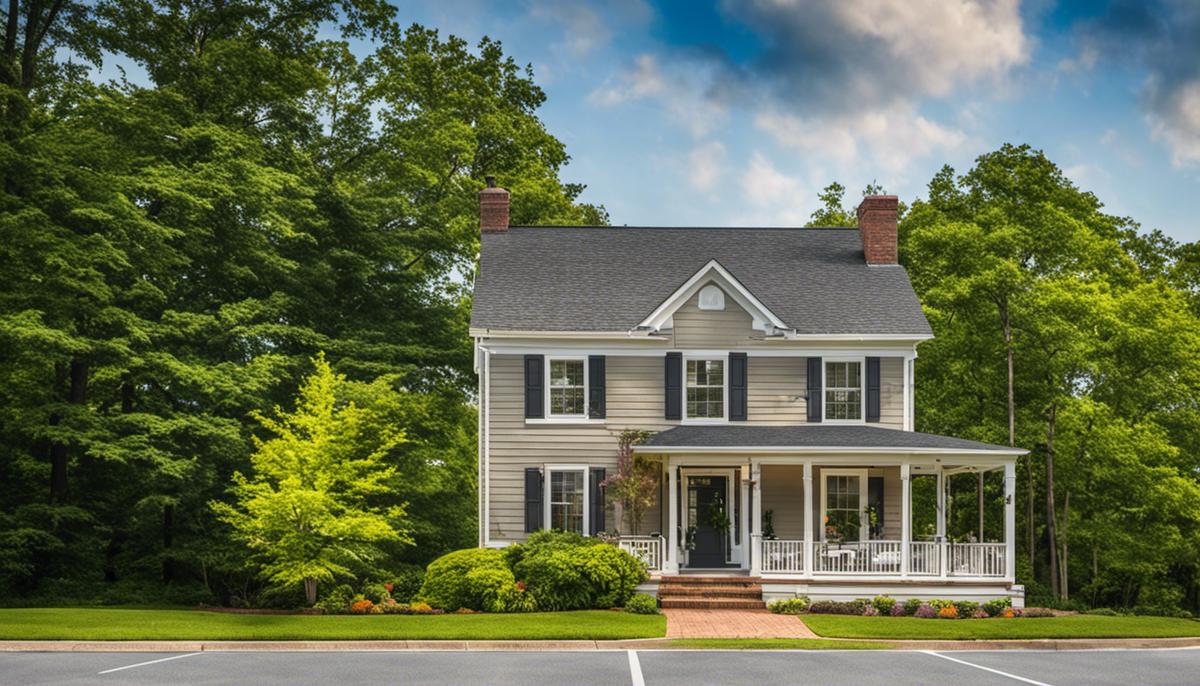
Ongoing Obligations and Maintaining Your Rental License
Insurance Obligations
Once licensed, landlords in Maryland are obligated to continuously maintain rental property insurance. This insurance is essential in covering costs related to rebuilding or restoring the rental property to its pre-damaged condition in the event of incidents like fires, thefts, or accidents. Depending on the location of the property, it may also be necessary for the insurance policy to cover potential flood damage.
Property Safety Requirements
Landlords in Maryland are obligated to ensure the safety and habitability of rental properties at all times. Therefore, landlords must take necessary measures to ensure the rental property conforms to the state’s property codes and standards. Issues like plumbing, heating, and electrical systems should be in working order. There should be safe and easy access to garbage disposal facilities, and presence of smoke detectors is required within the rentals.
Regular Inspections
Landlords in Maryland are required to perform regular inspections of their rental properties. This is to certify that the property adheres to the safety standards and codes of the state consistently. The frequency of inspections may vary depending on the local rules, the tenant situation, and the condition of the property. Regular inspections will help landlords recognize potential issues and deal with them promptly, thereby preventing major problems or violations in the future.
Penalties for Non-compliance
Failure to fulfill these obligations can lead to serious consequences in Maryland. If a landlord fails to maintain rental insurance, ensure property safety, or carry out regular inspections as required by law, the landlord may face penalties.
These penalties could include a fine, a civil penalty, or legal action from the tenant or the local government. The violations can also lead to the revocation of the landlord’s rental license, making it illegal to rent out the property.
Furthermore, if a landlord’s negligence in maintaining the property causes harm to a tenant or visitor, they could be held liable for personal injury and other damages. In cases of repeat or severe violations, a landlord’s rental license may be suspended or revoked.
Maryland Rental License Renewal Process
In Maryland, it’s essential for landlords to regularly renew their rental licenses to maintain their validity. The procedures and policies regarding the renewal of rental licenses can differ across various counties in Maryland. Hence, it’s crucial for landlords to thoroughly follow the given guidelines when applying for a new rental license or when renewing an existing one. This will ensure their continual adherence to the state’s rental property licensing regulations.
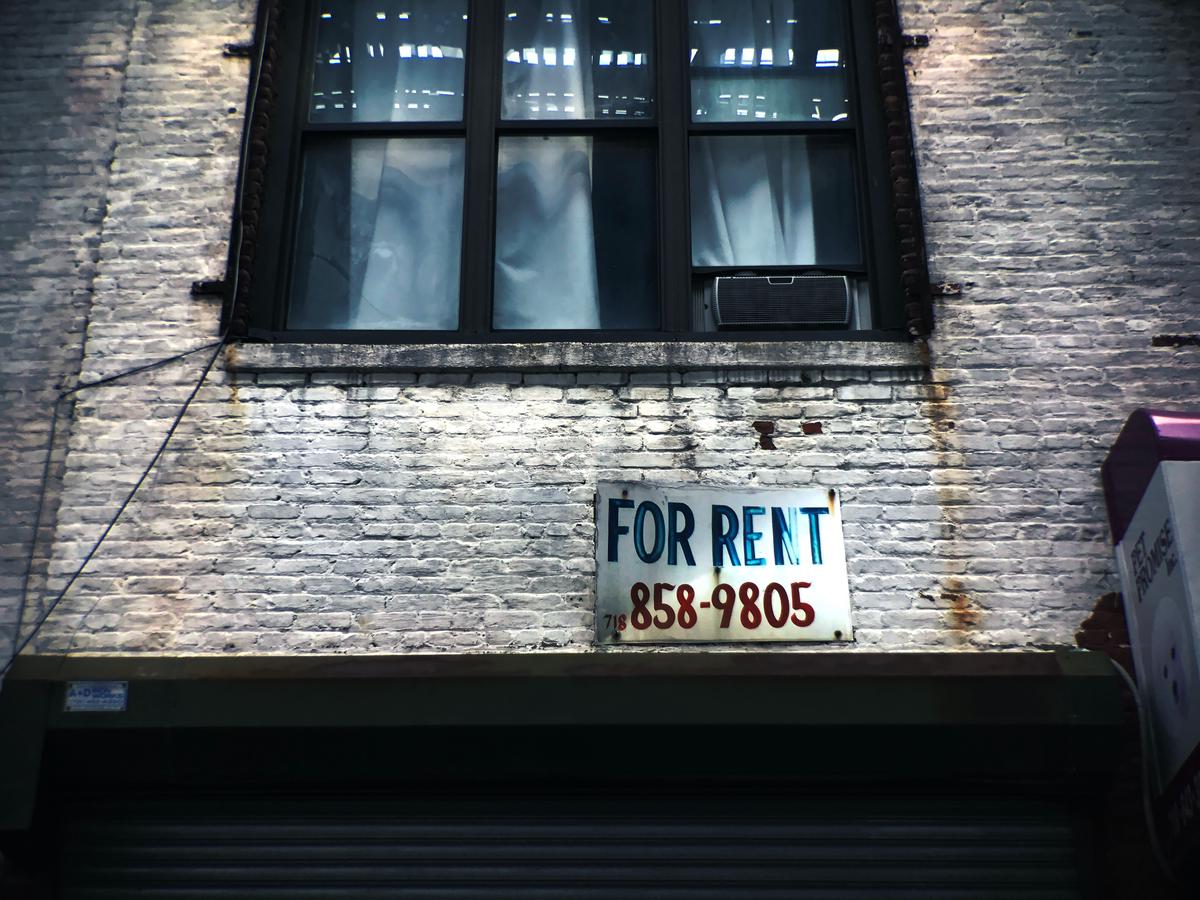
The Role of Property Management Companies
Assistance of Property Management Companies in the Licensing Process
Property management companies significantly contribute to easing the rental licensing process for property owners in Maryland. Many landlords might lack the time, knowledge, or willingness to go through the complex rules and regulatory procedures involved in obtaining a rental license. That’s where property management companies step in – they take care of all the intricate details, right from preparing to submitting the licensing applications. This ensures that the entire process aligns with the standards and laws established by the Maryland Department of Housing and Community Development.
Ongoing Compliance: Bridging the Gap Between Owners and Regulations
Once a rental license is obtained, continuous compliance with Maryland housing standards and regulations becomes mandatory. Property management companies ensure that rental properties remain up to date with Maryland’s housing codes and other local laws, preventing property owners from facing potential fines or penalties. They carry out regular inspections, uphold maintenance protocols, apply for renewals, and keep track of any changes in federal, state, or local laws related to rental properties.
Tenant Management: Mediating Responsibilities
Property management companies also provide crucial assistance in tenant management – a core aspect of rental property management. This includes comprehensive tenant screening, lease contract facilitation, and conflict resolution, aiming to maintain a positive renter-owner relationship. They may also oversee eviction procedures if necessary, reducing the stress on the property owner.
Understanding the Advantages and Drawbacks of Engaging a Property Management Company
While there’s no doubt that engaging a property management company brings many benefits, it’s equally essential to keep in mind the potential drawbacks. Property owners should make sure they are fully informed before deciding to use such services.
The perks of hiring a property management company significantly reduce the stress of maintaining a rental property by taking care of compliance matters, addressing tenant issues, and handling property upkeep. This allows property owners to dedicate their valuable time to other tasks or business concerns. Additionally, having a trusted professional manage these issues creates a necessary buffer between landlords and tenants, facilitating potential conflicts.
However, these conveniences come with a price tag. Property management firms generally charge a fee of 5-10% of the rental income. This is a considerable cost and may not be justifiable for rental property owners with tighter profit margins. Moreover, for landlords who enjoy a more hands-on approach in managing their properties and associations with their tenants, there might be a sense of losing control when these obligations are handed over to a property management company.
Given these considerations, rental property owners must take into account their personal circumstances, the size and intricacy of their rental portfolio, and their ease with the related expenses before they decide to engage a property management company.
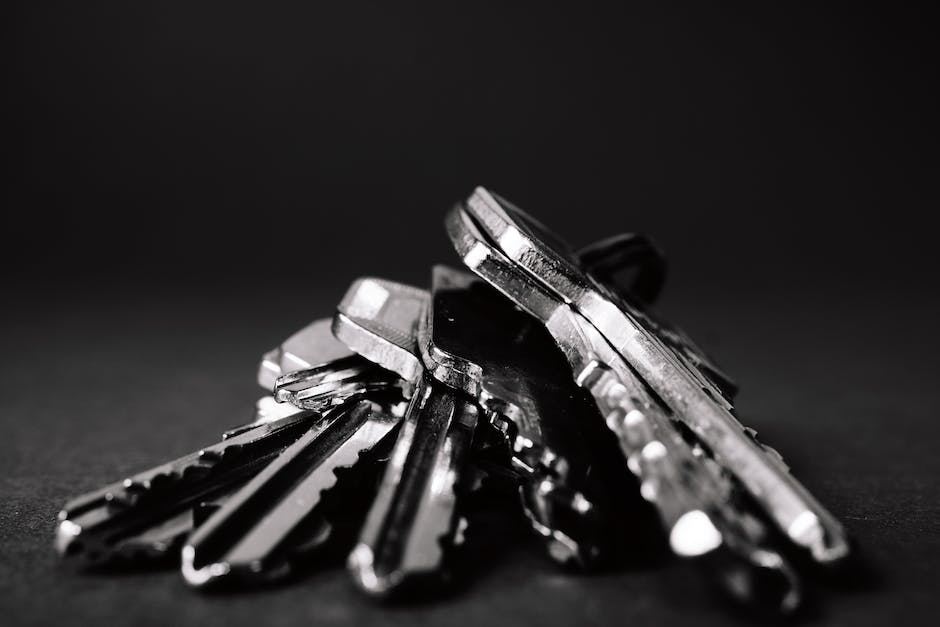
Changes, Transfers, and Cancellation of Rental Licenses
Navigating Rental Property Licensing in Maryland: Understanding its Importance and Requirement
In Maryland, it is mandatory for all residential rental properties to have a valid, up-to-date rental license. This is a significant point to remember as failing to secure a license prior to a tenant moving in can result in hefty fines and penalties. The licensing process involves numerous steps that require careful attention, such as procuring a lead inspection certificate for all rental units constructed before 1978. The property must be registered with the Maryland Department of Assessments and Taxation (SDAT). Finally, the rental license can be applied for. Understanding and fulfilling these obligations are crucial to maintaining a compliant and successful rental property in Maryland.
Changes to License
Change in the circumstances of a rental property, such as ownership transfer, property management alterations, or discontinuation of rental services can affect rental property licensure in Maryland. All changes to a license must be reported to the Maryland Department of Housing and Community Development (DHCD). Any changes in the physical characteristics of the licensed premises or any change in the use of the property will require a new license.
Procedure for Transferring License Ownership
When it comes to selling a rental property in Maryland, transferring the rental license to the new owner is essential. The transfer of a rental license in Maryland requires the new owner to apply for a new license in their name. This process involves submitting a new application, paying the necessary fees, and providing documentation such as a deed of sale.
Updating License Information
If there are any changes in property management or changes in personal information like mailing address or phone numbers, the license holder must update the Maryland DHCD as soon as possible. The ‘Rental Property License Update Form’ must be used to make changes to a Maryland rental license. This completed form can be submitted by mail, email, or in person.
Cancellation of License
In circumstances where a property is no longer being used for rental purposes, a rental license can be canceled by notifying the Maryland DHCD. It’s crucial to explicitly state that the property will no longer be used as a rental and provide information about the property in the cancellation notice to ensure proper processing.
Consequences of Non-Compliance
Failure to comply with the rental property licensing requirements can result in fines and penalties in Maryland. These might include civil penalties for each day the infraction continues, or criminal penalties including fines or imprisonment. Hence, changes, transfers, and cancellations must be handled in proper compliance with the regulations set out by Maryland DHCD.
Overall, it is essential for all rental property owners in Maryland to understand and adhere to the licensing requirements and procedures, as well as realize the potential consequences of non-compliance, to ensure a smooth and legal rental operation.
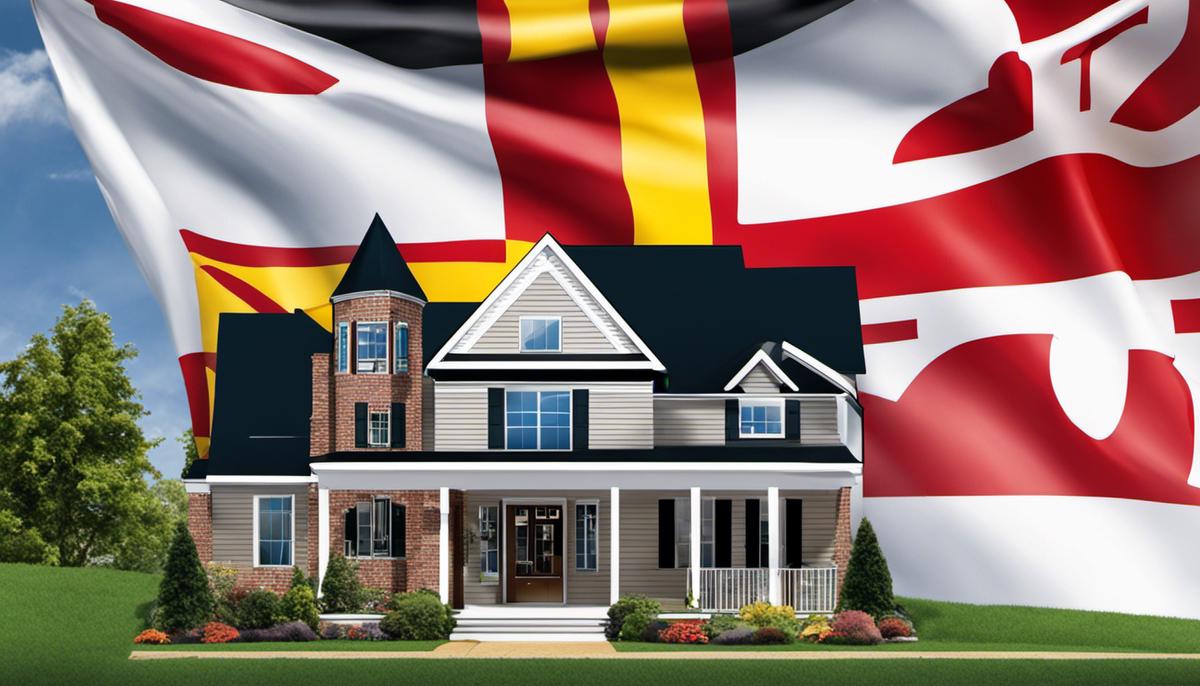
Moving forward, it’s undeniable that the environment surrounding rental property licensing in Maryland is complex. Transitions associated with the sale of the property, a shift in the property management, or the termination of rental services demand an understanding of the transfer and cancellation processes. Property Management Companies can provide valuable support in such instances, but determining the cost-efficacy of hiring these professionals necessitates its own evaluation. With so much at stake, staying updated and consistent with rental licensing laws and responsibilities not only promotes compliance, but ensures the sustainability and success of your real estate venture in Maryland.
